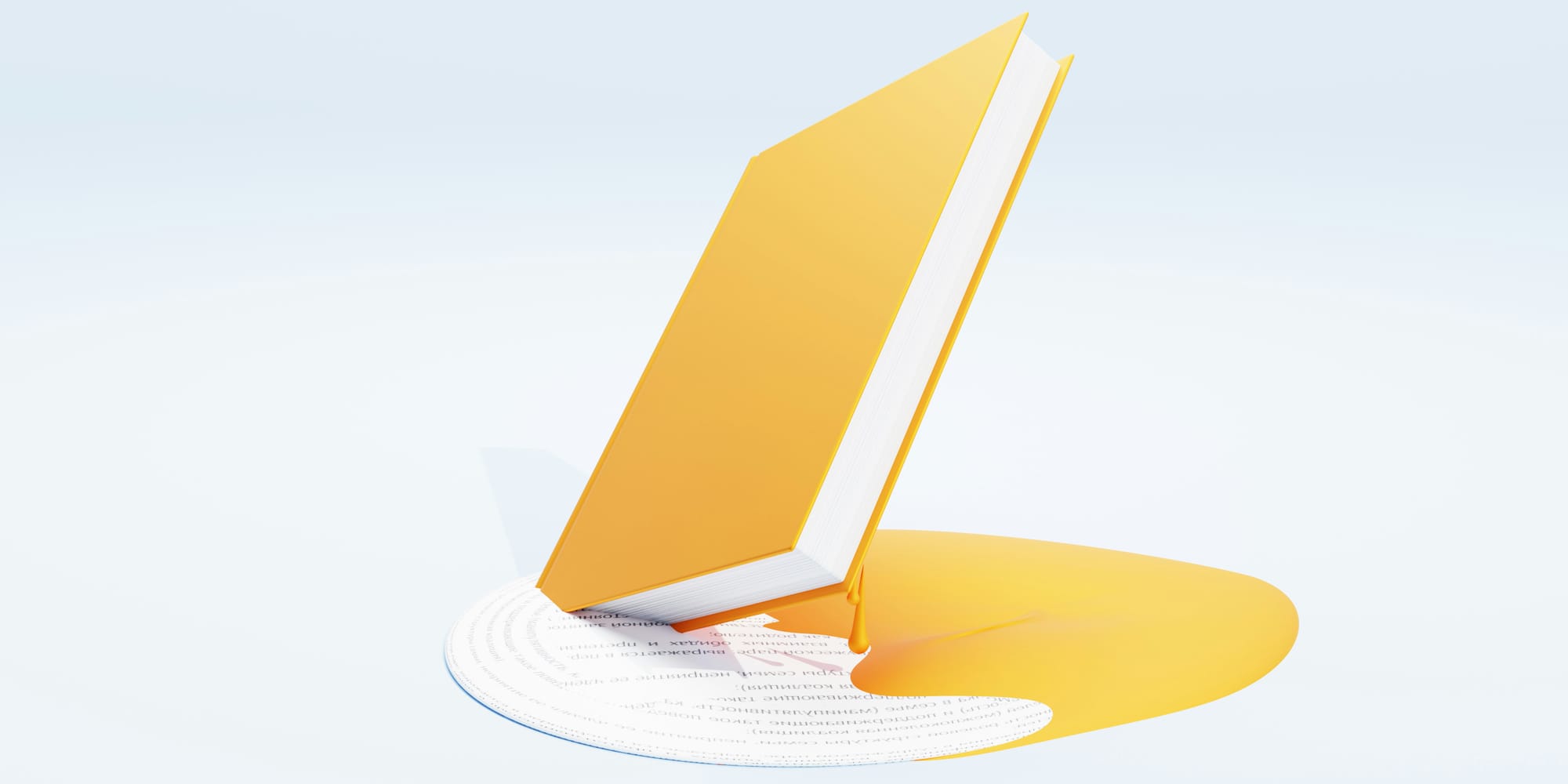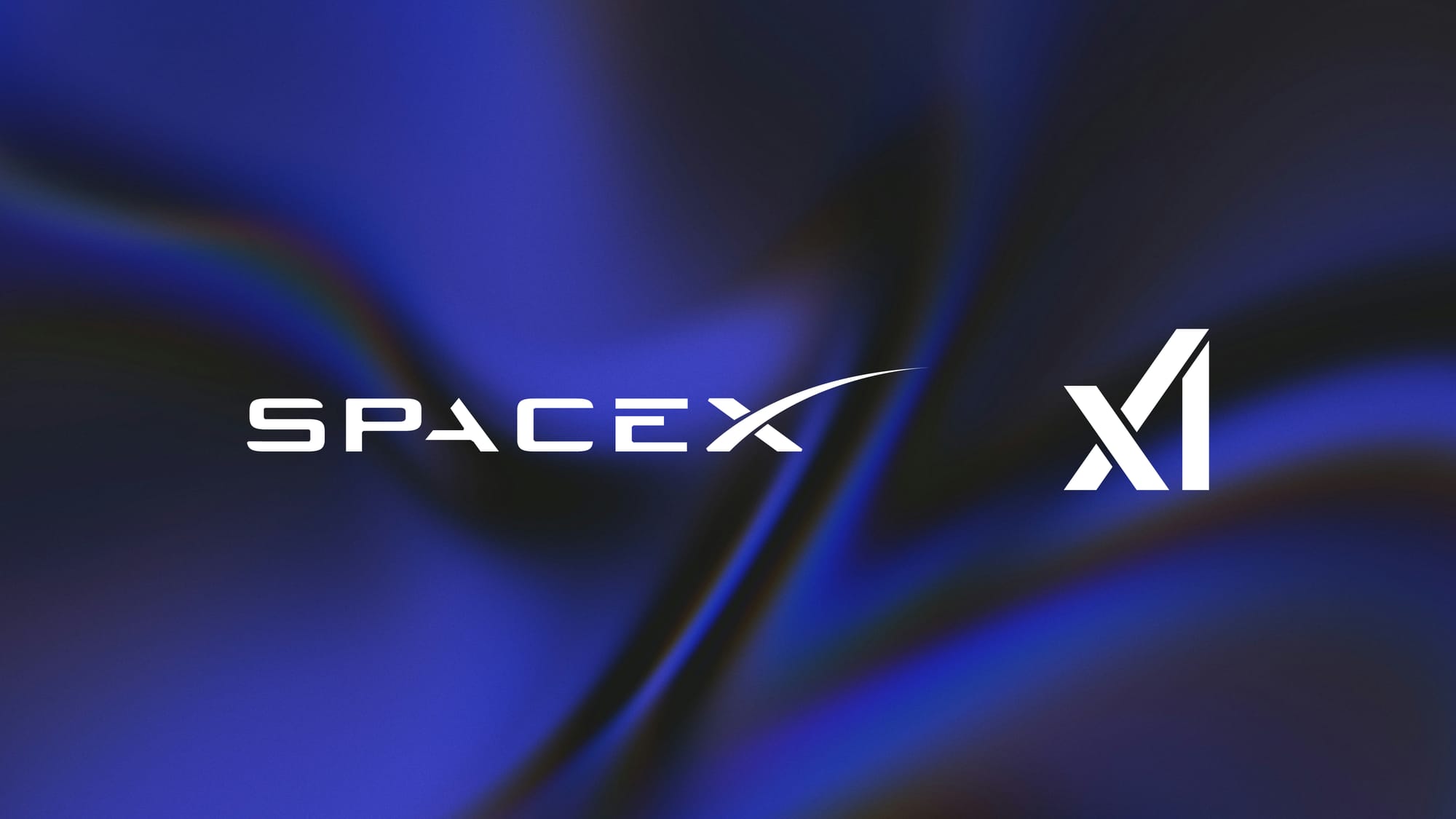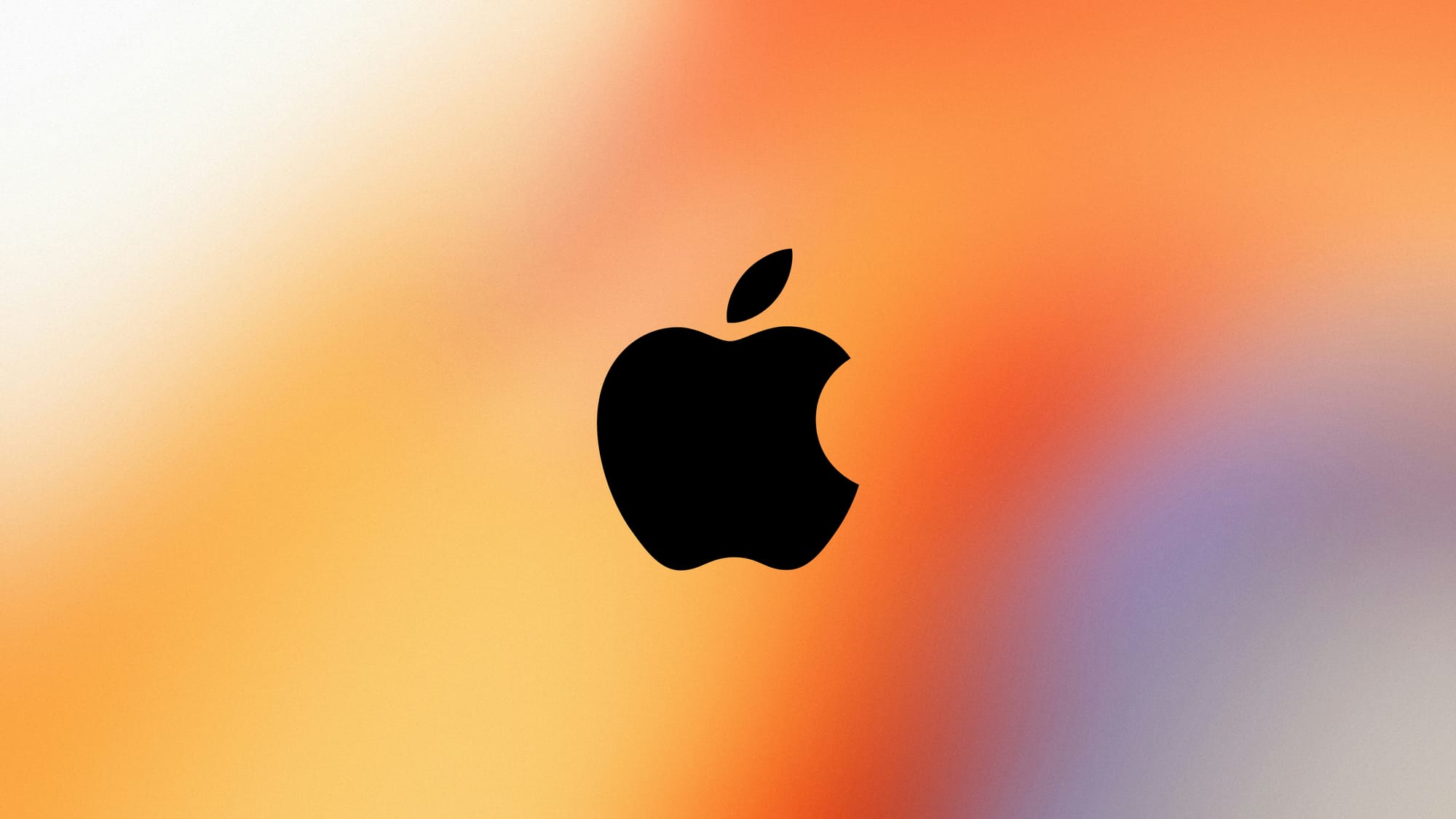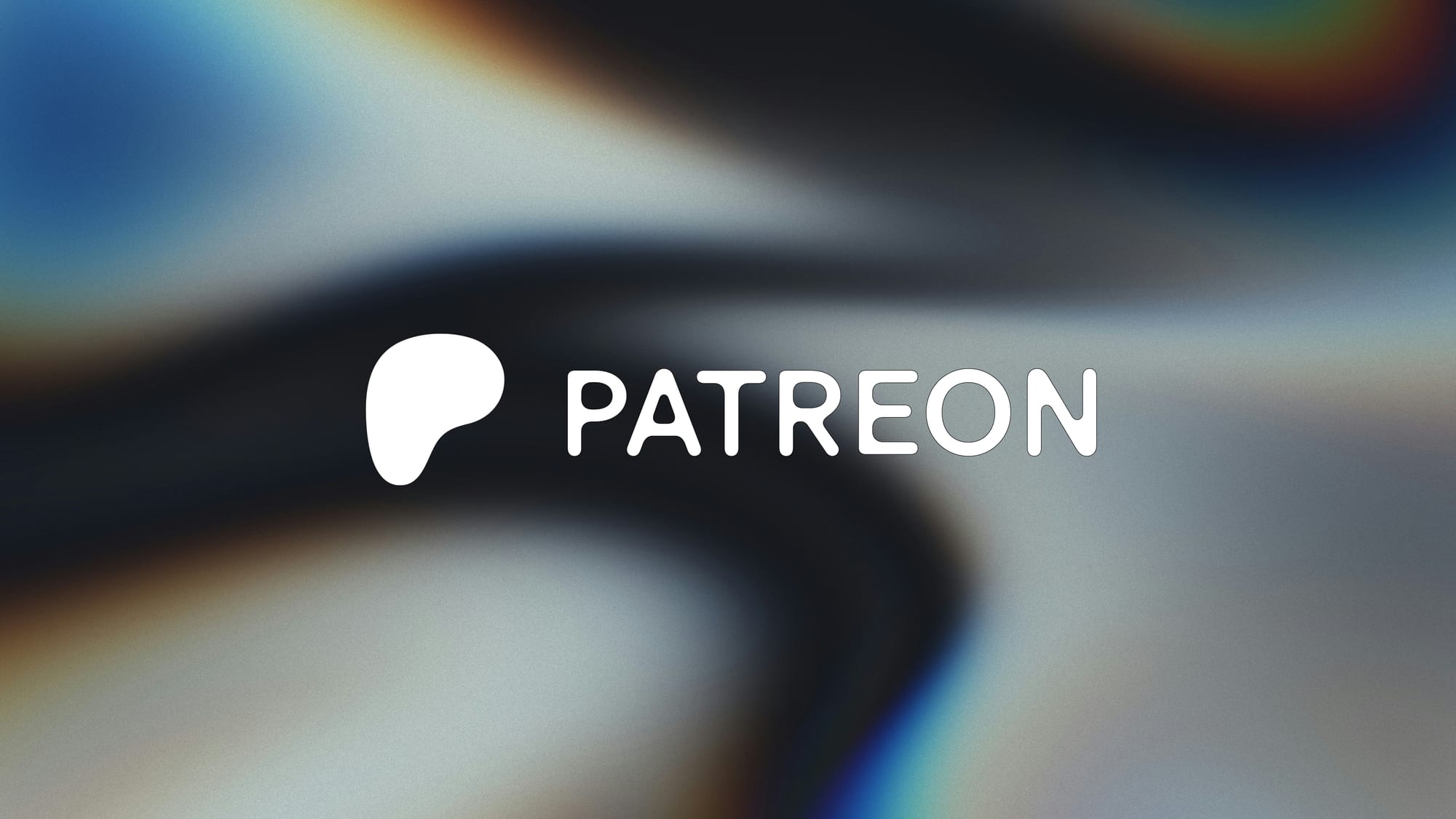The artificial intelligence revolution just got a legal reality check. On Thursday, a California federal judge certified a class-action lawsuit against Anthropic, clearing the way for authors nationwide to collectively sue the AI startup over alleged copyright infringement.
The Digital David vs. Goliath Story
Three published authors—Andrea Bartz, Charles Graeber, and Kirk Wallace Johnson—are leading the charge against the Amazon and Alphabet-backed company. Their accusation? Anthropic allegedly downloaded their copyrighted books from pirate websites LibGen and PiLiMi without permission or payment to train its Claude chatbot.
Judge William Alsup's ruling could expose Anthropic to billions in damages, as the company may have illegally downloaded up to 7 million books from these pirate libraries in 2021 and 2022.This represents a potential goldmine for affected authors and a nightmare scenario for AI companies.
The Stakes Are Sky-High
Key Facts | Details |
Potential Books Affected | Up to 7 million |
Lawsuit Status | Class-action certified |
Pirate Sites Used | LibGen and PiLiMi |
Potential Damages | Billions of dollars |
What This Means for AI's Future
This case represents a pivotal moment in the ongoing battle between creators and AI companies. While Anthropic argues their training constitutes "fair use", the judge previously ruled that storing pirated copies in a "central library" violated authors' rights.
The lawsuit joins a growing wave of legal challenges against AI giants, with similar cases targeting OpenAI, Microsoft, and Meta. For American authors, this could finally establish crucial precedents protecting their intellectual property in the AI age.
The bottom line: As AI reshapes our economy, the courts are now determining who owns creativity—and who profits from it.














Discussion